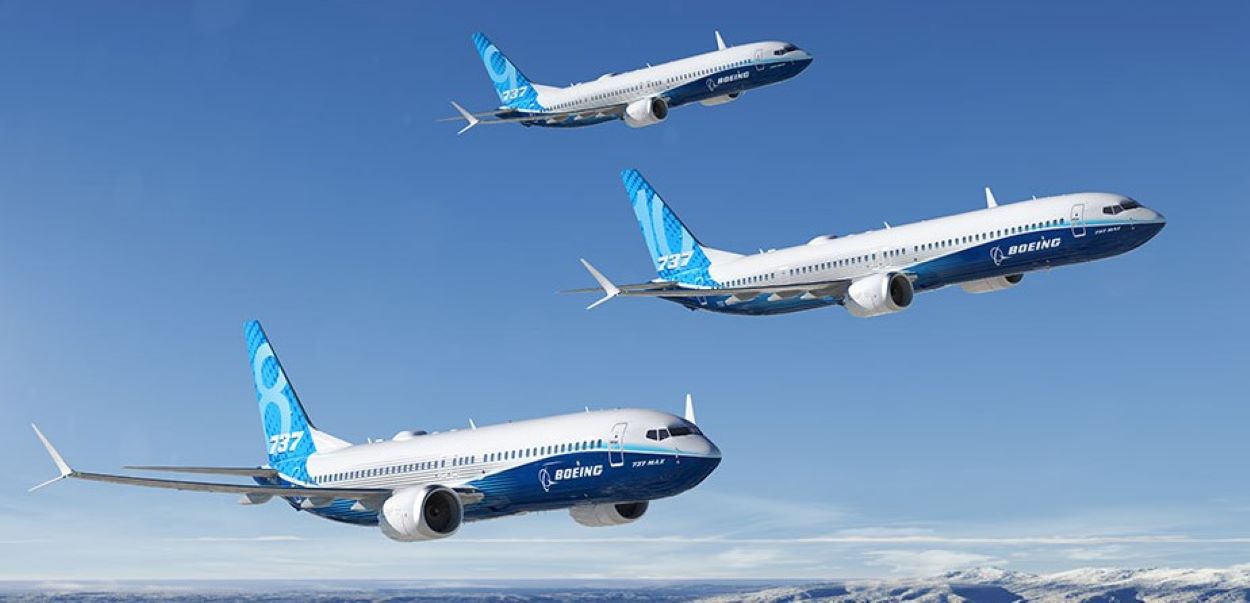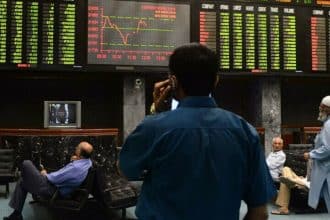The aeroplane resale market is thriving, driven by a persistent deficit exacerbated by the pandemic. Concerns escalate that the Boeing 737 MAX situation might further constrict supply.
According to leasing company Avolon, a shortfall of 3,000 aircraft exists due to pandemic effects and production challenges at Boeing and Airbus. Boeing’s production limitations, triggered by a recent incident, compound existing pressures, including engine shortages and a swift resurgence in travel.
Analyst George Dimitroff from Cirium predicts market imbalances will persist until at least 2027 due to compounded supply challenges. Airlines face heightened costs to maintain adequate fleet sizes, with passenger numbers projected to hit 4.7 billion in 2024, per IATA.
The scarcity of new aircraft was a key topic at a Dublin conference. AerCap’s CEO, Aengus Kelly, noted an uptick in aircraft values. Airlines increasingly purchase rather than lease planes, indicating a long-term issue anticipation.
With lessors owning over half of the global fleet, rental costs were already rising before the Boeing production setback. Cirium reports that lease rates for older Boeing 737-800s have increased significantly, with further adjustments expected by March’s end.
Additional regulatory scrutiny following an incident on an Alaska Airlines flight hinders Boeing’s plans to ramp up MAX production. The industry average plane age is 16 years; experts affirm that older aircraft are safe if well-maintained.
Both airlines and lessors are investing in older aircraft maintenance, extending their operational life. This shift opens revenue avenues for those with ageing fleets and maintenance providers despite labour shortages extending repair wait times.
Engine scarcities, exacerbated by RTX’s Pratt & Whitney repair capacity issues, push up new engine prices, discouraging swift transitions to newer models. The cargo sector, heavily reliant on passenger jets for trade, faces challenges in finding suitable planes for conversion.
Extending older planes’ service life raises environmental concerns amid industry promises of net-zero emissions by 2050. Critics argue the industry overly relies on future efficient aircraft technologies without curbing the addition of polluting planes.






